From CBC host to PR consultant, Ginella Massa champions marginalized voices and stories

Ginella Massa’s push into journalism began with her mother’s advice: “Just because it hasn’t been done before, doesn’t mean you can’t be the first to do it.”
Identity is often shaped by layered experiences, and for Massa, her Muslim identity has often been front and centre. “I remember telling my mother early on, maybe I’ll go into radio, because then it doesn’t matter what I look like. No one was going to know.”
Born in Panama, her mom converted to Islam during Massa’s childhood. “There’s a part of my identity that is struggling for space. When people start to tell my story, it’s much simpler to put it in a box,” said Massa at “Navigating the Media Landscape in Canada, a March 2025 panel in Toronto.
Making Canadian news history in 2015, Massa became North America’s first hijabi to anchor broadcast television while at Toronto’s CityNews. She made prime time by hosting CBC’s Canada Tonight with Ginella Massa. After leaving CBC, she now works as a PR consultant.
As a visible hijabi growing up, Massa said she had never seen anyone who looked like her in the media. Since elementary school, she knew how to play to her strengths. “I was the kid that never shut up,” she said. Her mother encouraged her not to shy away from opportunities that called for exposure. Whether it be school plays or speech competitions, she credited her mom for prioritizing activities where she was most comfortable and thrived.
After landing her first internship at CTV in Toronto, Massa was shocked to realize the newsroom did not reflect the Toronto she thought she knew: the most diverse city in the world. “It was my first time growing up in the city where I felt like an outsider,” Massa said. “I realized then the importance of being in those spaces, and lending my voice to the stories we were telling.” She began thinking less about simply wanting to be on television, and more about what it meant to be a storyteller.
Come as You Are in the Newsroom
For Massa, it was important to push meaningful conversations forward, not to simply clock in and out of the newsroom every day. “I was the only person who looked like me in a lot of spaces I occupied throughout my career, whether it was a writer, producer, an assignment editor or an anchor,” she says after the panel. “I felt a responsibility to speak for those communities, which sometimes meant speaking for other BIPOC communities because they weren’t represented in the room.”
The decision to depart CBC was made carefully. “Leaving was a big decision, I felt the weight of what it was going to mean for a community who had little representation in this space,” she says. “I had to weigh out the personal impact versus the impact on the wider community.”
Today, alongside her work in public relations, her passion for working with marginalized communities also shines through her involvement with the Human Rights Legal Support Centre as manager of communications and outreach.
Her own consulting company, Massa Media and Communications Inc. (MMC), offers a range of services that aim to meet the needs of communities who want to learn more about addressing news media, and getting their stories out there. Her “Media Workshop 101” answers questions like why newsrooms choose to cover certain stories, explains how to write effective press releases, and offers advice on pitching.
Massa aims to make journalism feel less intimidating by making the process more comprehensible for her clients. She fills the gap when it comes to knowledge about Canadian media for newcomers or those who might not understand the implications of on-the-record interviews. “Some people don’t understand how the media works, and it’s a bit of a mystery to them,” she says. “I made a commitment to myself that I was going to continue to work to ensure that more faces like mine were in these spaces, and be a source of support so that those people could not just survive the newsroom but thrive.”
“Marginalized communities shouldn’t just wait to be called or wait for stories about their community to be reported on,” says Massa. “They can be proactive participants in pitching stories and sharing narratives outside what is shared about them. Taking control of the conversation, because the conversation about marginalized communities is happening, with or without them.”
For newsrooms, although the push for diversity exists, “there is still work to be done ensuring that representation is not just window dressing,” says Massa. Newsrooms should invite marginalized voices to the table to hear their experiences, she says, and challenge the way newsrooms tell those stories.
About the author
Reema Najjar is a final-year undergraduate journalism student at Toronto Metropolitan University. She has a niche within arts and culture journalism, as she enjoys capturing local concerts, runways, and event photography. As a queer Palestinian photojournalist, she’s interested in covering stories that centre around communities with minimal mainstream media representation. When she’s not on the hunt for her next shoot, she could be found lounging with her cat Charlie or seen frantically researching her next special interest.

